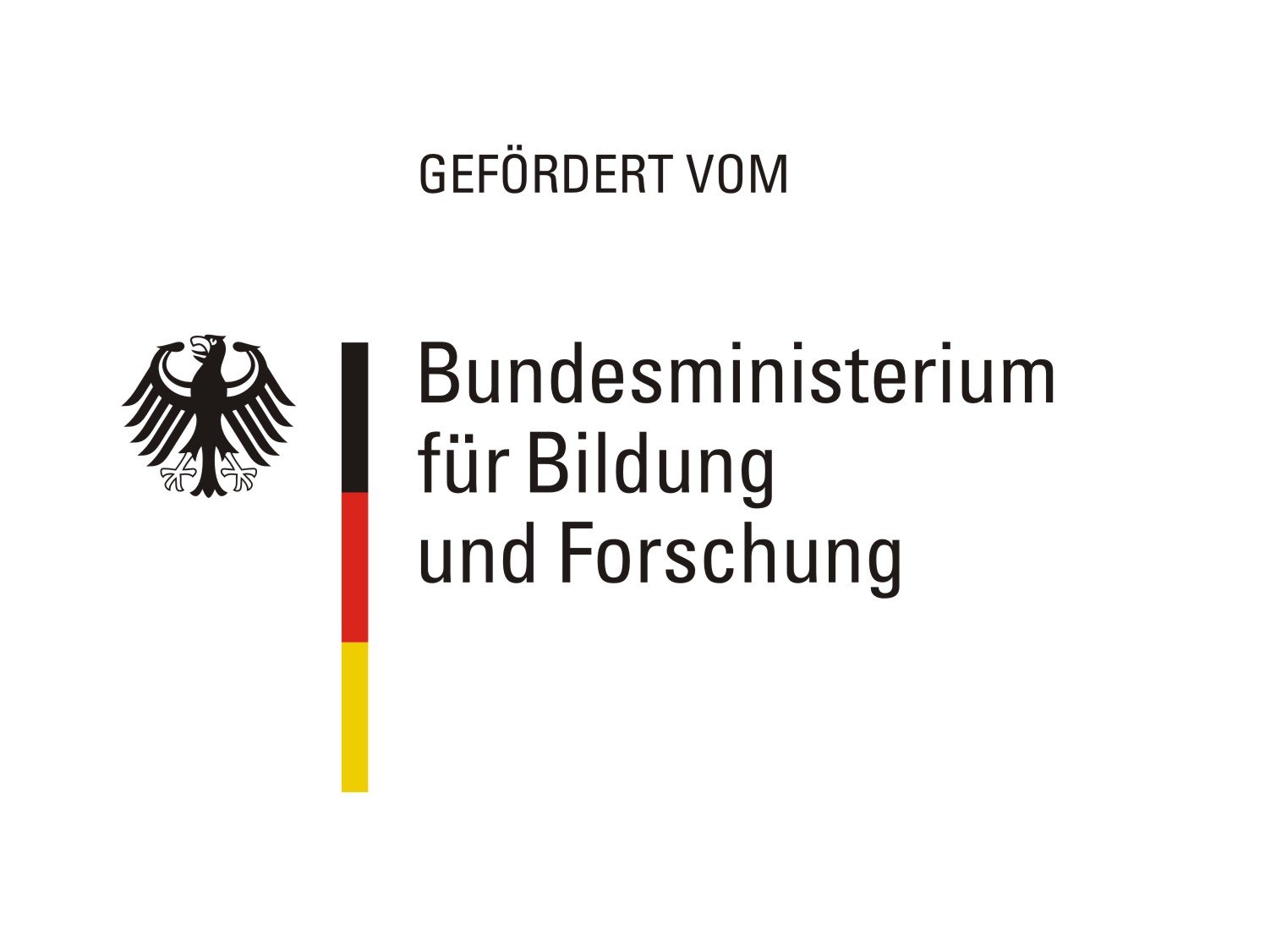Information for
international students
Information for
international students
How do international students finance their studies?
The financing of studies is one of the most difficult and important subjects that international students have to deal with. As early on as when you apply for a visa and later on for a residence permit you must prove that you have enough financial means to finance your studies in Germany. At the moment, the German authorities require proof that you have 11,904 Euro for one year of studies, i.e. 992 Euro per month.
This proof of financing is meant to ensure that international students can finance their studies themselves since they do not normally qualify for state help in Germany.
Even if you provide evidence of financing, your financial worries are not yet over. In Germany, a budget of around 12,000 Euro per year will only allow you to lead a modest lifestyle!
International students often have to work alongside their studies in order to finance their cost of living, but the amount of work they are allowed to do is restricted. Unfortunately, financial difficulties are part of many international students' lives.
Video: Tips for International students – How do I finance my studies in Germany
How do German students finance their studies?
In order to understand the German system, it is important to know how German students finance their studies. In Germany, parents have to pay for student education. On average, students receive roughly half their money from their parents. A quarter of their budget they earn themselves. The state financial assistance for education (BAföG) makes up only a small part of their budget. Only three percent of German students receive a grant.
Planning reliability: the service package of the Studierendenwerke
Some of the Studierendenwerke offer service packages. They give first year students from abroad more planning reliability for their first year of studies. Service packages can already be arranged from your homeland. For a fixed price they contain accommodation, meals and health insurance. Some service packages also contain leisure activities and help you to settle in to life in Germany. They are credited to the proof of financing that you have to provide for your residence permit.
What will my monthly outgoings be?
The cost of living depends on your lifestyle. However, you cannot influence the average rents or the cost of food and health insurance. So, just being thrifty is not going to help. The largest monthly expense for students is the rent.
- Rent in student residences: around 260 Euro per month on average, considerably more on the free market
- Deposit: max. three months' rent
- Health insurance: approx. 95 Euro per month
- Fee for the Student Organisation, depending on the university: 100-300 Euro per semester (semester ticket included)
- Aliens Department fees: there is a charge for the issue of a first residence permit (mostly 100 Euro)
- For every residence, it is compulsory to pay a licence fee of 18,36 Euro per month for the public broadcasting services
tutor tip
Andrea, Studentenwerk Magdeburg
There might be some international supermarkets in your city where you can find products from your home country.
moreInformation of the Ministry of Science, Research and the Arts Baden-Württemberg concerning tuition fees for international students and additional studies or change of study subject (in German).
moreWhat are the fees I have to pay each term at university?
In Germany, usually, there are no tuition fees for international students except for in Baden-Württemberg. Not affected are international students who are citizens of a member state of the European Union (EU)/ the European Economic Area (EEA) and Switzerland.
For some Master programs and universities of music and art, tuition fees can be required.
In other federal states, international students pay only a small enrolment or confirmation fee. Once they have enrolled, students receive their student ID. This provides a wide range of concessions: for bank accounts, sometimes for telephone companies, but also for cinema and theatre tickets.
You will have to pay a semester contribution at enrolment (Einschreibung) and each semester at confirmation (Rückmeldung). The semester contribution is made up of a contribution to the Studentische Selbstverwaltung (AStA) (student parliament of the university) at the university and a contribution to the Studierendenwerk (for mensa, student residence, culture, and student advisory services) and the semester ticket. The semester fee is about 100-300 Euro.
Who sponsors students?
Unlike other countries, German universities do not give grants. The most important grant donor for international students is the Deutsche Akademische Austauschdienst (DAAD) (German Academic Exchange Service). Especially advanced students or graduates can apply for a grant. In many countries, the DAAD is represented by a satellite office or by teachers at the universities in the faculty of German Language and Literature/German as a Foreign Language. Here, while still at home, you can find out about the possibilities of receiving a grant.
Other important points of contact for student funding are the foundations and organisations sponsoring talented students. They, too, offer grants for international students. However, the conditions differ from one institution to another and have to be asked for from them directly. It might be rather painstaking, but can be worth it!
Students who arrive on an exchange programme are often able to apply for financial support from their home university.
promotion of gifted students in higher education organisations sponsoring talented students (in German) scholarship database by DAAD



